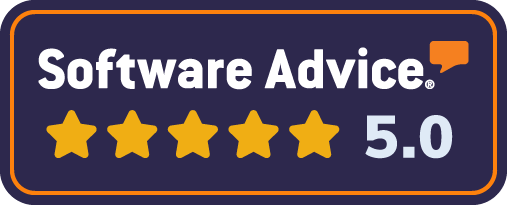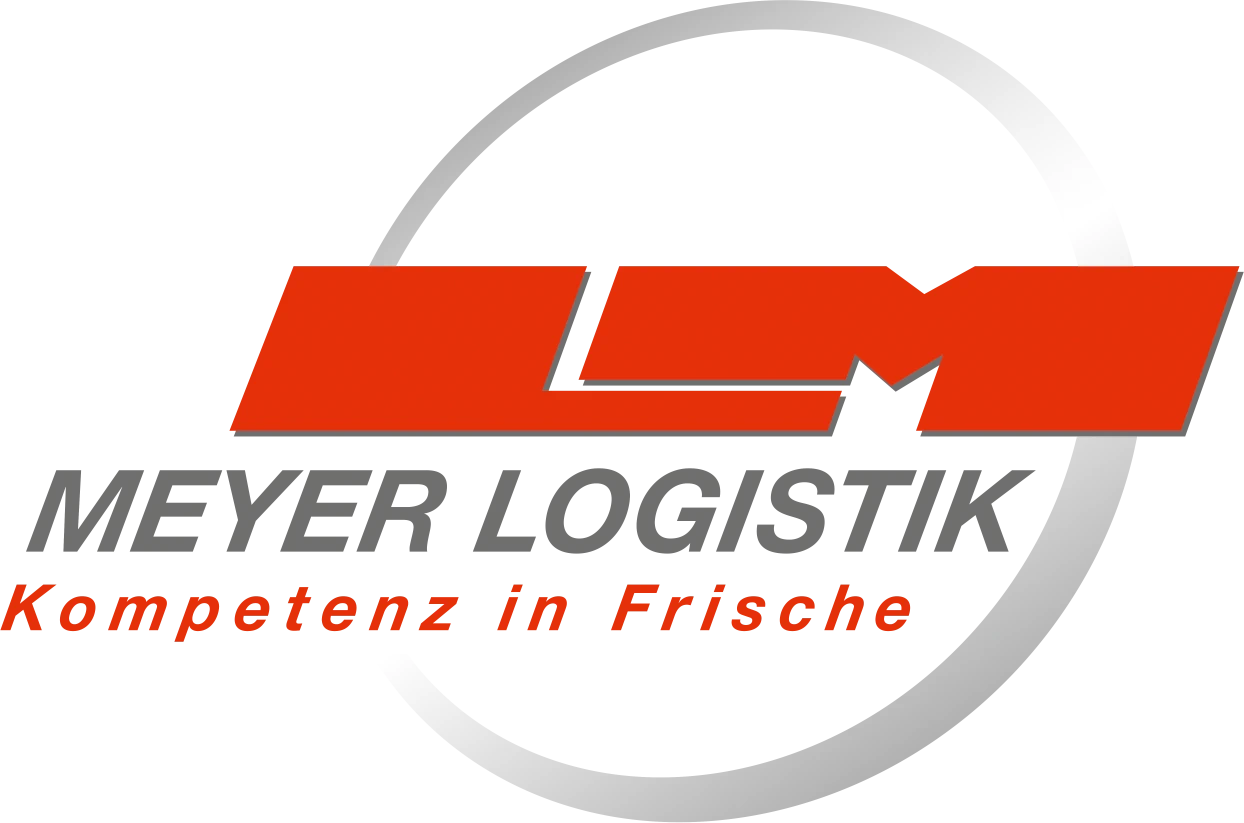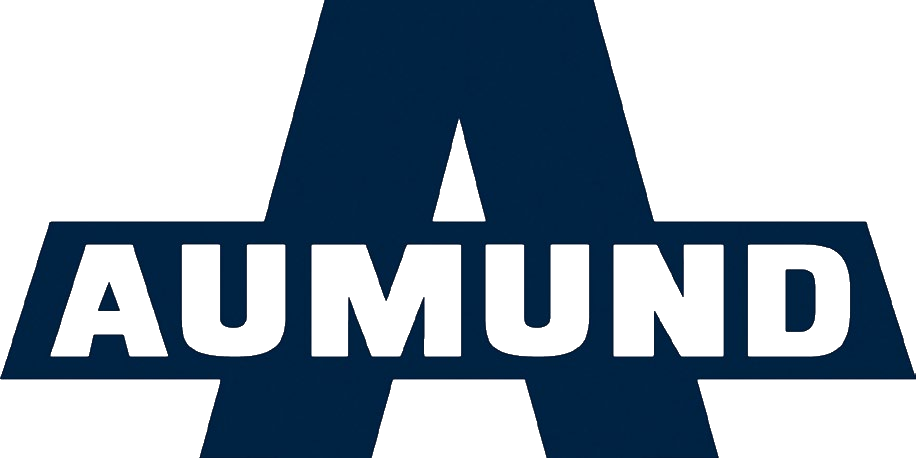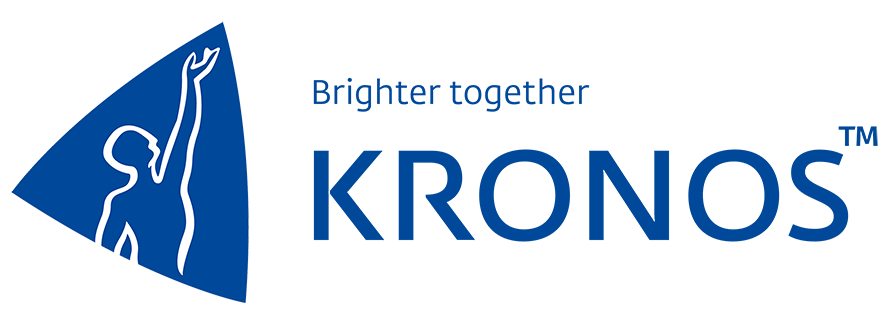Financial Inclusion Regulatory Compliance Framework Checklist
Establishes a structured approach to ensure adherence to regulatory requirements related to financial inclusion initiatives. Guiding steps include risk assessment, compliance policy development, monitoring, reporting, and continuous improvement.
1. Organization Overview
FAQ
How can I integrate this Checklist into my business?
You have 2 options:
1. Download the Checklist as PDF for Free and share it with your team for completion.
2. Use the Checklist directly within the Mobile2b Platform to optimize your business processes.
How many ready-to-use Checklist do you offer?
We have a collection of over 5,000 ready-to-use fully customizable Checklists, available with a single click.
What is the cost of using this Checklist on your platform?
Pricing is based on how often you use the Checklist each month.
For detailed information, please visit our pricing page.
What is Financial Inclusion Regulatory Compliance Framework Template?
A comprehensive framework that outlines regulatory requirements and guidelines for financial institutions to ensure inclusivity, accessibility, and integrity of financial services for underserved populations, including small businesses, low-income individuals, and other excluded segments.
How can implementing a Financial Inclusion Regulatory Compliance Framework Template benefit my organization?
Implementing a Financial Inclusion Regulatory Compliance Framework Template can significantly benefit your organization in several ways:
- Ensures compliance with regulatory requirements, reducing the risk of penalties and reputational damage.
- Enhances transparency and accountability within the organization by establishing clear policies and procedures for financial inclusion activities.
- Improves operational efficiency by streamlining processes and reducing the complexity associated with managing multiple regulations.
- Supports data-driven decision-making through the collection and analysis of relevant metrics, enabling organizations to identify areas for improvement and optimize their strategies.
- Fosters a culture of compliance within the organization, promoting responsible financial practices and minimizing the risk of regulatory non-compliance.
What are the key components of the Financial Inclusion Regulatory Compliance Framework Template?
Financial Inclusion Regulations
Core Principles:
- Fair Treatment
- Effective Risk Management
- Transparency and Disclosure
- Market Integrity and Stability
- Consumer Protection
- Payment System Efficiency
- Access to Markets
- Corporate Governance
- Financial Literacy
Key Components:
- Regulatory Requirements and Obligations
- Compliance Program Structure and Implementation Plan
- Board Oversight and Senior Management Accountability
- Risk Assessment and Mitigation Strategies
- Training and Awareness Programs for Staff
- Auditing, Monitoring, and Reporting Mechanisms
- Whistleblower Policy and Procedures
2. Licensing and Registration
3. Anti-Money Laundering (AML) and Combating the Financing of Terrorism (CFT)
4. Consumer Protection
5. Data Protection
6. Financial Inclusion Programs
7. Regulatory Reporting
8. Compliance Training
9. Internal Audit
10. Management Declaration
Expense Reduction
 34%
34% Development Speed
 87%
87% Team Productivity
 48%
48% Generate your Checklist with the help of AI
Type the name of the Checklist you need and leave the rest to us.
 Made in Germany
Made in Germany Fair Pricing Policy
Fair Pricing Policy




























 Certified Security and Data Protection
Certified Security and Data Protection Active Support and Customer success
Active Support and Customer success Flexible and Fully customizable
Flexible and Fully customizable